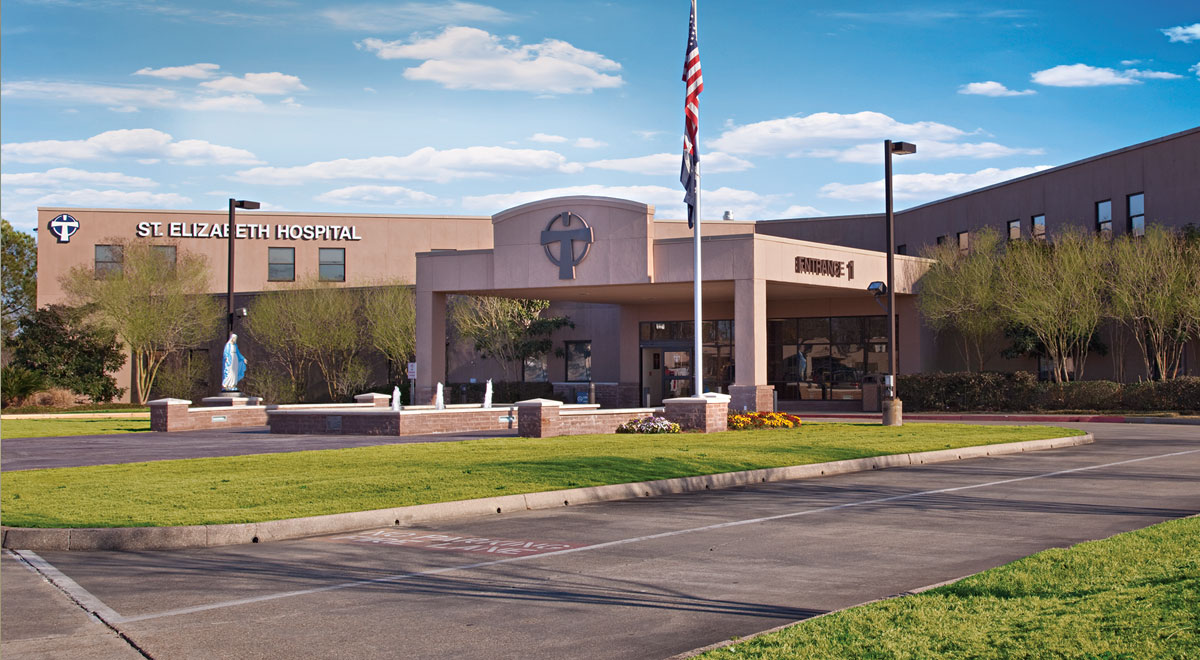Telemetry Unit
What is Telemetry?
Telemetry is a term referring to sending electronic signals from one place to another. In the case of a Telemetry Unit, patients are electronically monitored 24 hours a day. Trained technicians are able to view a patients' heart rate and heart rhythm from the nurses' station. Any changes in the patient's heart rate or rhythm are communicated to the Registered Nurses and can be addressed immediately. The telemetry unit provides a more intense level of care than a typical inpatient medical unit, but a less intense level of care than the Intensive Care Unit.
What Can I Expect?
Since patients on the Telemetry Unit are continuously and remotely monitored, leads are attached to the patient's body and connected to a small box that is placed in the patient's hospital gown pocket. The leads and box transmit the patient's heart rate and heart rhythm to the monitoring device at the nurse's station. At regular intervals, the team will take vitals signs. Vital signs on the Telemetry Unit include blood pressure, heart rate, respiratory rate, and oxygen saturation. A blood pressure cuff will be placed around the patient's arm and inflated at regular intervals. This procedure may be uncomfortable but not painful.
Medical Care Team
In addition to your Primary Care Physician or Hospitalist, the Telemetry Department is staffed 24 hours a day, 7 days a week by professionals trained in caring for patients with heart problems including Registered Nurses, Nursing Assistants, and Monitor Technicians.

